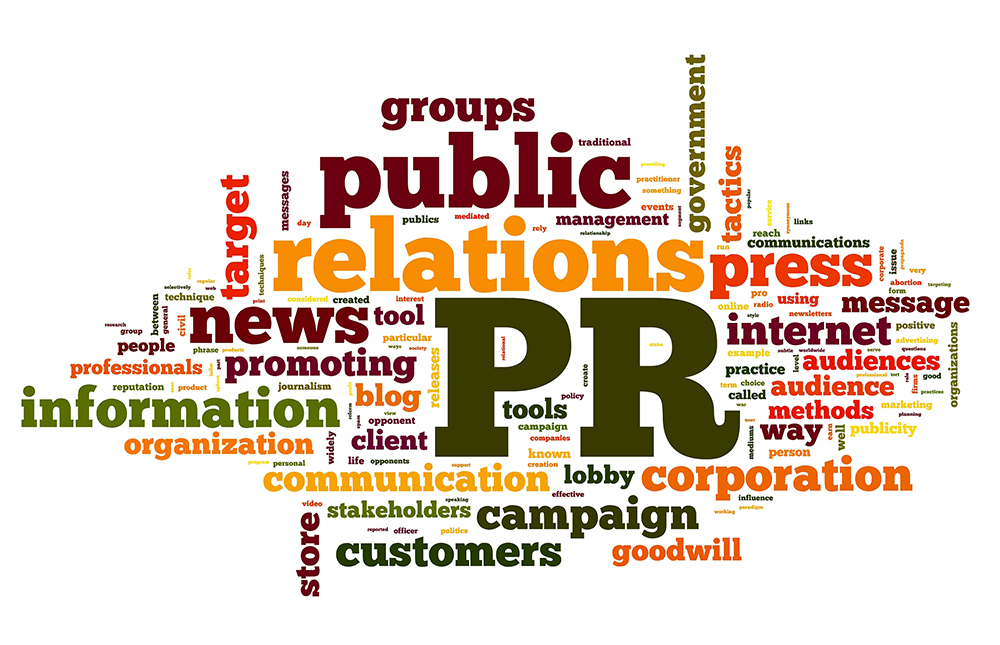There are many active misconceptions of what PR agencies do and do not do. Some view public relations as simply publicity or spin, while others see it as public speaking, schmoozing and dealing with the media. Each of these, however, are actually public relations tactics, representing a narrow interpretation of what firms provide for their clients.
The true focal point of public relations begins with strategy. Public relations is a management-level function, defined by PRSA as “a strategic communication process that builds mutually beneficial relationships between organizations and their publics.”
There are several reasons why myths about PR firms prevail. One is that public relations firms deal with organizational strategies and intangibles – ideas, images, reputations, branding, opinions – that are difficult to visualize and quantify. Another is that many who consider themselves as public relations professionals are actually conducting advertising or other paid communications. And then there is the irony that the PR industry does a poor job of letting others know what exactly it is that they do.
With all of that in mind, here are a few of the common misconceptions of PR firms:
Public relations is just publicity.
Publicity is just one of many tools used by PR Firms, one that needs to be strategically managed. In many cases publicity is not the most effective public relations solution.
Public relations is the same as advertising.
The job of a PR firm is to gain favorable coverage through relationships in the media because of the newsworthiness of the information, not by paying for it.
Public relations firms are really party planners.
As much as this image exists thanks to Sex in the City, much of what professionals do is work closely with clients to determine which strategy and tactics will help meet their communications and business objectives.
Public relations firms are unethical.
The best public relations professionals prioritize their clients’ long-term reputations. Anything short of proper ethics would be counterproductive and firms can’t afford to lose their reputations with the media.


 RSS Feed
RSS Feed
